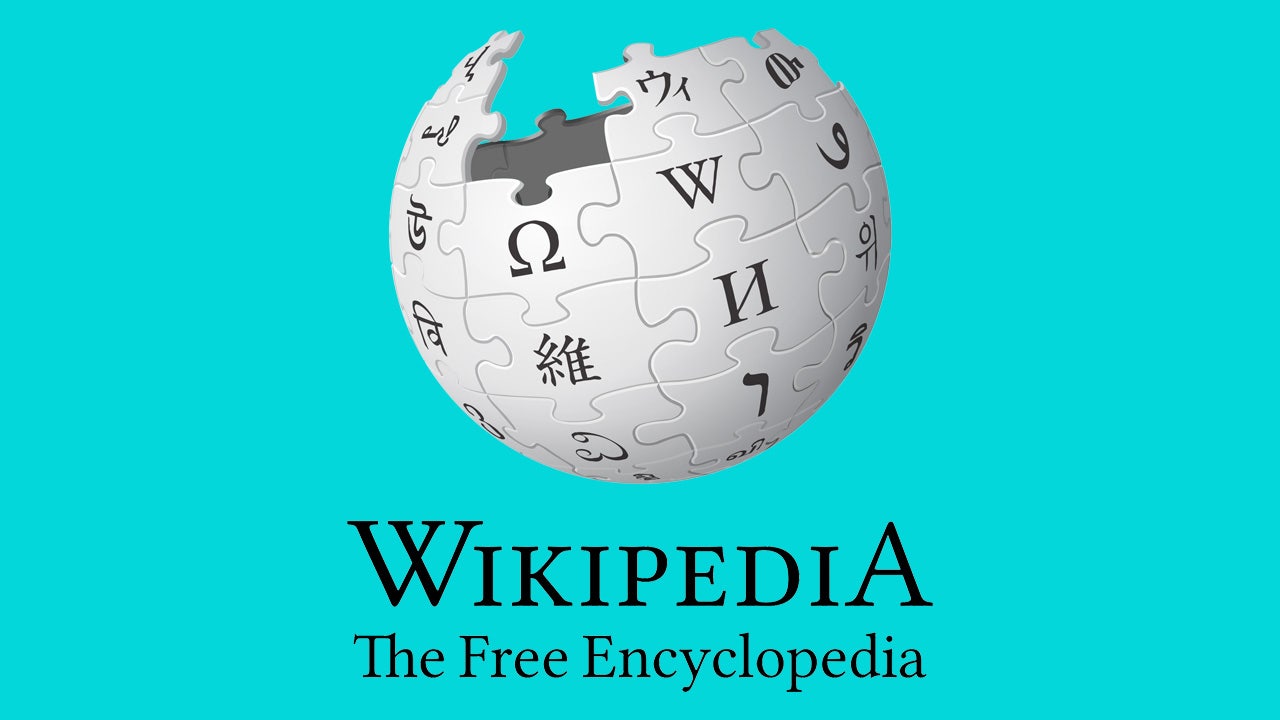Unpacking the ADL’s Claims: Is Wikipedia a Battleground for Bias Against Israel?
The Anti-Defamation League (ADL) has recently raised significant concerns regarding what it describes as a coordinated campaign by Wikipedia editors aimed at undermining Israel’s narrative. This assertion has sparked a broader conversation about the editorial practices on Wikipedia and the implications these practices have for information neutrality. In an era where online platforms shape public perception, understanding the intricacies of Wikipedia’s editing process becomes essential. This article delves into the claims made by the ADL, explores the implications of bias in digital information, and examines the potential for Wikipedia to serve as a battleground for such biases.
The ADL’s Allegations: A Closer Look
The ADL has characterized the editing of Wikipedia articles related to Israel as biased, suggesting that a group of editors is systematically altering content to portray Israel negatively. According to the ADL, this campaign is not merely a collection of individual biases but rather a concerted effort to shape the narrative surrounding Israel in a way that aligns with anti-Israel sentiments.
Some of the specific claims made by the ADL include:
- Selective Use of Sources: The ADL argues that some editors favor sources that are critical of Israel while downplaying or ignoring sources that present a more balanced view.
- Manipulation of Context: There are claims that certain events, particularly those involving the Israeli-Palestinian conflict, are presented without sufficient context, leading to a distorted understanding of the situation.
- Editing Wars: The ADL suggests that there are ongoing “editing wars” on Wikipedia, where pro-Palestinian editors frequently revert changes made by those attempting to provide a more balanced perspective on Israel.
Understanding Wikipedia’s Editorial Process
To fully grasp the implications of the ADL’s claims, it is crucial to understand how Wikipedia operates. Wikipedia relies on a model of open editing, which means anyone with internet access can contribute to articles. While this openness promotes a diversity of viewpoints, it also raises questions about the reliability and neutrality of the information presented.
Consensus and Conflict in Editing
Wikipedia’s articles are typically developed through a consensus model, where editors discuss changes and attempt to reach an agreement on how content should be presented. However, this process can lead to conflicts, particularly on contentious topics like the Israeli-Palestinian conflict. In these cases, editors may be motivated by personal or ideological beliefs, impacting their contributions.
Additionally, Wikipedia has guidelines that emphasize the importance of verifiability and the use of reliable sources. However, the interpretation of what constitutes a reliable source can vary significantly among editors. This disparity can create an environment where certain perspectives are favored over others, leading to accusations of bias.
Is Wikipedia a Battleground for Bias?
The question remains: is Wikipedia truly a battleground for bias against Israel? The answer is complex and multifaceted.
Evidence of Bias
Several studies and analyses have attempted to quantify bias on Wikipedia, particularly regarding the Israeli-Palestinian conflict. Some researchers have found evidence suggesting that articles about Israel often reflect a significant degree of bias, particularly in their representation of events and perspectives. For example, a study might show that articles are more likely to include critical perspectives on Israeli policies while downplaying or omitting positive aspects.
However, bias is not unique to Wikipedia or the topic of Israel. Many digital platforms exhibit similar patterns of content curation where the dominant narratives often overshadow minority viewpoints. This phenomenon raises broader questions about the nature of digital democracy and the role of user-generated content in shaping public understanding.
The Role of Vigilant Editing
Despite claims of bias, Wikipedia’s community also includes many vigilant editors who strive to maintain neutrality and accuracy. These editors often intervene in disputes, refuting edits that are deemed biased or unsubstantiated. This dynamic can create a robust environment where information is continually assessed and revised.
The Implications of Perceived Bias
The implications of perceived bias on Wikipedia are profound. As a widely used resource, Wikipedia has the potential to influence public opinion significantly. If users perceive Wikipedia as biased against Israel, it may contribute to a broader narrative that undermines the legitimacy of Israeli perspectives. This scenario could lead to an erosion of trust in Wikipedia as a source of reliable information.
Impact on Public Discourse
The discourse surrounding Israel and Palestine is already fraught with tension. If Wikipedia becomes a focal point for perceived bias, it may polarize opinions further. Supporters of Israel might retreat from using the platform, while critics may feel vindicated in their views, exacerbating divisions in understanding the conflict.
Addressing the Concerns
To address the concerns raised by the ADL and other organizations, several steps can be taken to promote a more balanced editorial approach on Wikipedia:
- Improved Training for Editors: Providing training sessions on neutrality and the importance of diverse sources can help editors make more informed decisions.
- Enhanced Monitoring: Establishing teams of experienced editors to monitor contentious articles can help mitigate bias and promote accuracy.
- Encouraging Diverse Contributions: Actively encouraging contributors from various backgrounds and perspectives can enrich the content and promote a more balanced narrative.
Conclusion: A Call for Neutrality
As the ADL raises alarms about bias against Israel on Wikipedia, it is crucial to engage in a constructive dialogue about the platform’s editorial processes. While claims of bias warrant serious consideration, they also present an opportunity for Wikipedia to enhance its commitment to neutrality and reliability. By fostering an environment of inclusive contributions and rigorous editorial oversight, Wikipedia can continue to be a valuable resource for users seeking accurate information on complex global issues.
Ultimately, as we unpack the ADL’s claims, it’s evident that the battleground for bias extends beyond Wikipedia’s digital pages. It reflects the broader struggle for narrative control in an increasingly polarized world. In striving for a more balanced representation of all perspectives, Wikipedia can embody the ideals of collaborative knowledge-sharing that it was founded upon.
See more BBC Express News

